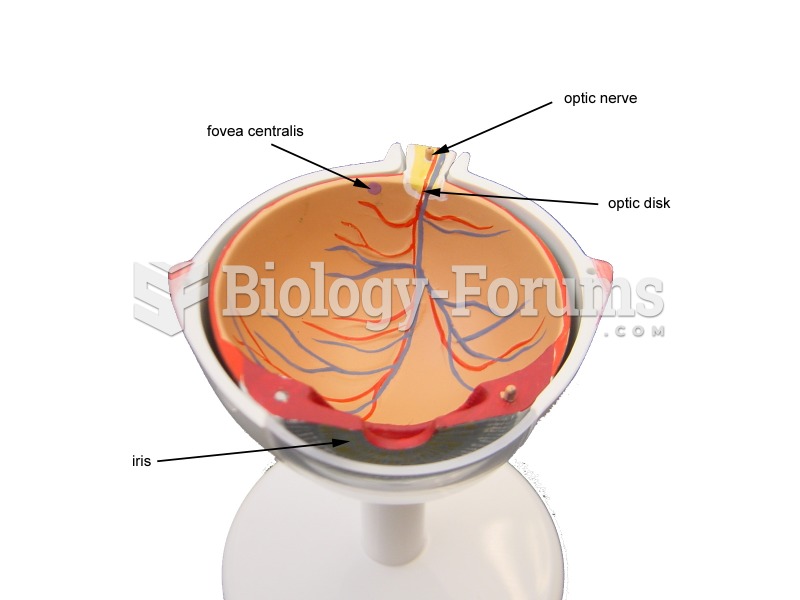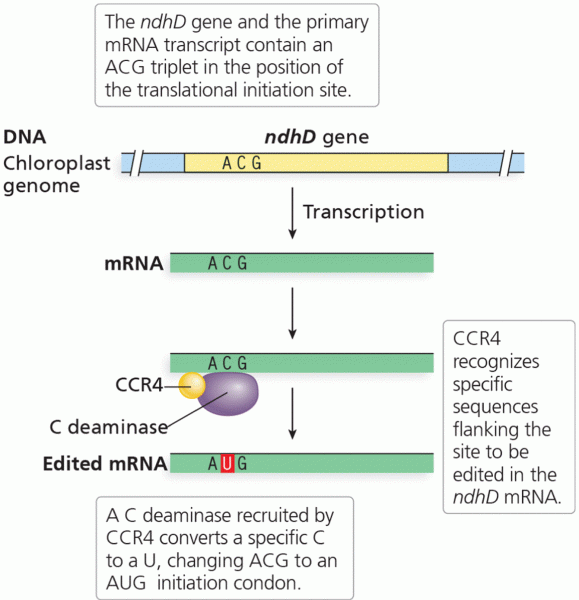Answer to Question 1
Traditional models of health such as the biomedical model focus primarily on biological factors that contribute to health whereas newer models of health such as the biopsychosocial model view health as a product of biological, psychological, and social influences. The biomedical model assumes that health and illness are dichotomous states. A person is either healthy or not healthy. This assumption contrasts with the biopsychosocial perspective that regards health states as being on a continuum from the very ill to the super well. A well-trained marathoner who is healthy in all respects is at a different state of health than the sedentary smoker who is not ill.
The biomedical model also divides the mind and body into separate entities in accordance with Rene Decartes' mind-body dualism philosophy whereas the biopsychosocial model views the mind and body as an interactive whole. Psychosomatic medicine, inspired by Sigmund Freud's idea that repressed memories and intrapsychic conflict can lead to somatic conversions expressed as physical symptoms broke rank with the conventional medical thinking of the time and became one of the first medical areas to challenge the mind-body duality aspect of the biomedical model.
Answer to Question 2
Health psychology arose as one of several new synergies of the new understandings and concepts of health resulting from the shift from a biomedical model of health to a biopsychosocial model. Health psychology is a specialty area of psychology that is focused on using the scientific and professional knowledge base of the discipline of psychology to promote and maintain health as well as to treat illnesses.







